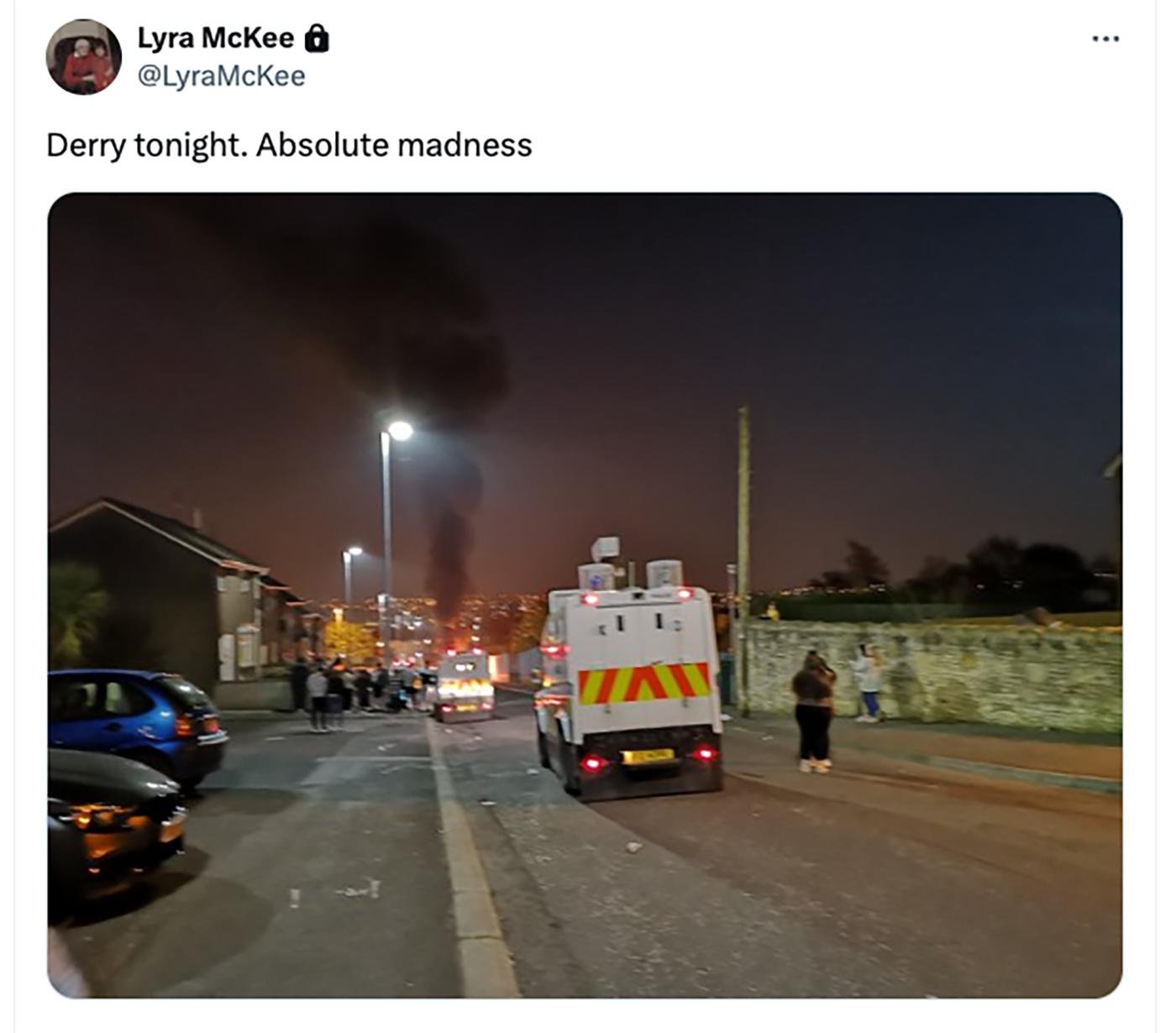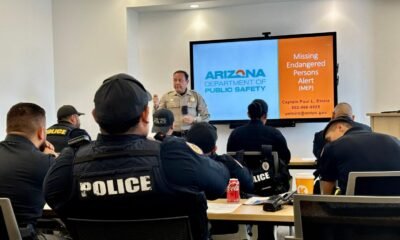crime
Barber & Henninger: Navigating Away from the Brink of Political Turmoil

Don Henninger and Ron Barber are spearheading the Arizona Democracy Resilience Network, a diverse coalition aimed at enhancing democratic quality and guaranteeing safe, fair elections across Arizona.
Envision a landscape riddled with fear and distrust—one where citizens live in apprehension of their neighbors and law enforcement. This troubling scenario mirrors the experience of Northern Ireland during the lead-up to the Troubles, a period marked by brutal violence and political strife. As political tensions rise in the U.S., understanding the journeys of communities that have confronted similar crises can be invaluable in fostering peace and reducing polarization here at home.
A recent delegation of 25 faith and community leaders from various U.S. states, including five from Arizona, traveled to Northern Ireland to gain insights from those who have navigated its historical challenges. Sponsored by The Carter Center and Rethinking Conflict, this trip aimed to explore conflict transformation and reconciliation.
During the trip, participants confronted stark realities of political violence. Conversations with victims of terrorism painted a harrowing picture of a society divided into armed factions, leading to dehumanization and fear. The scars of such violence linger long after the immediate destruction fades.
A recent poll revealed that two-thirds of Americans fear potential violence surrounding the upcoming general election on November 5, underscoring the necessity for strategies to avert such outcomes.
In Belfast, Rev. Dr. Gary Mason, founder of Rethinking Conflict, provided crucial context about the Troubles, during which over 3,500 lives were lost in a population of just 1.5 million. Translated to the U.S. context, this could imply a staggering toll of over 9 million casualties and 750,000 deaths, highlighting the grave implications of political conflict.
The ramifications of political violence extend beyond death—harassment at polling places, intimidation, and violent demonstrations foster pervasive public distrust. These acts can alienate citizens from democratic ideals, leaving generational impacts of trauma and despair.
Returning to Arizona, Henninger and Barber are invigorated to avert a descent into similar chaos. Their discussions reinforced a critical lesson: violence breeds more violence, while democracy offers pathways for peaceful resolution through dialogue and compromise.
Arizona must reject partisan and sectarian violence, upholding dignity and respect for all, regardless of political differences. Engaging with elected officials, advocating for informed voting, and contributing to political discourse are essential. Accepting the outcomes of secure elections, even when favor does not land with one’s candidate, is vital for a healthy democratic process.
Democracy guarantees the peaceful transfer of power, and safeguarding freedom, justice, and community peace relies on collective commitment to these principles. The Arizona Democracy Resilience Network invites others to join in advocating for democratic integrity and honest political engagement.


















